Chinese Boat Seized Over Illegal Sand Mining In Kinmen, Taiwan
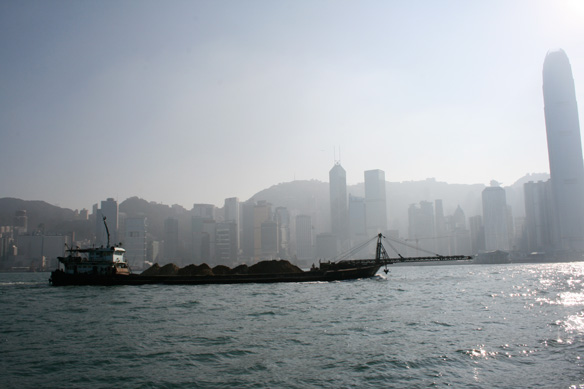
Coastguards have arrested the captain of a chinese sand dredger illegally dredging sand in Kinmen waters. So far it is the fourth chinese boat arrested for attempting to steal sand from around the island.
Environment Ministry Removes Obstacles To Sand Mining, India
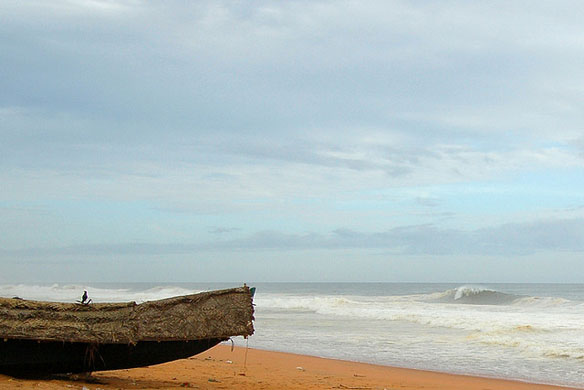
A recent survey by WWF-India along the coast of the Kerala State, had revealed the frightening picture of the extent of illegal coastal beach sand-mining being conducted by organised groups in various places. The Government’s approval for coastal sand mining by local communities using manual methods will have disastrous consequences as the provisions of the order will be twisted by the vested interests, said the State Director of WWF.
Sand Mining In Badagry Suspended Due To Environmental Degradation; Nigeria
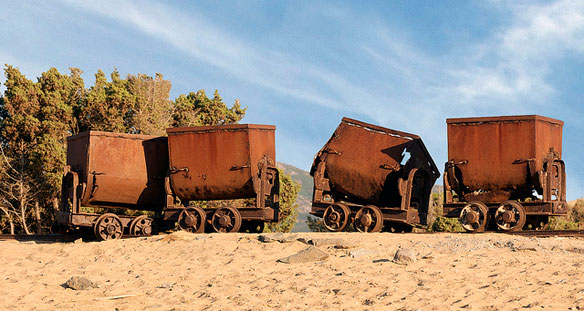
Governor Fashola of Lagos State has ordered the suspension of all forms of surface sand mining in Badagry area of Lagos, southwest Nigeria, as a result of environmental degradation. The suspension is sequel to a petition written by a resident in Badagry.
Illegal sand mining threatens Suvali’s ecosystem, India
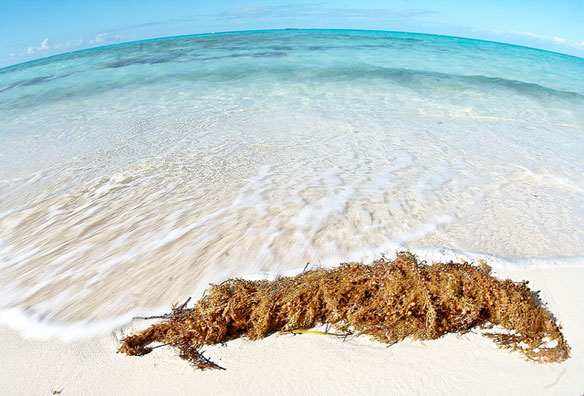
Continuous illegal sand mining from costal village near Surat, has created threat upon the existence of the beaches. Miners are pumping out sand without any fear, while the administration appears totally unaware about the entire situation.
Taxes on natural resources reduce use of raw materials
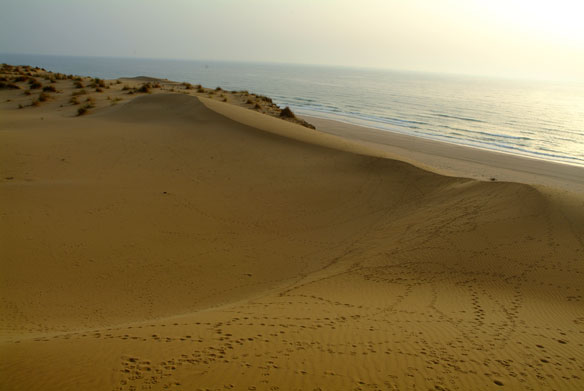
A policy that taxes virgin natural resources (resources that are used for the first time) can be a way of conserving limited resources. This type of tax can also reduce environmental damage, by encouraging the use of less harmful materials or recycled materials that serve the same purpose. This avoids the waste and emissions associated with extraction of raw materials and with the processing of products made from the natural resources.
Sand mining Is Booming Along With Fracking

Fracking, the latest craze in the quest to produce oil and gas, has been blamed for environmental problems ranging from flammable tap water to minor earthquakes. Now a new risk is emerging: sand mining. To squeeze hydrocarbons out of shale through hydraulic fracturing of the rock, the process known as fracking, producers need to pump an enormous amount of sand into the ground.
World’s Largest Sea Turtle Nesting Beach in Peril Orissa Due to Massive Erosion
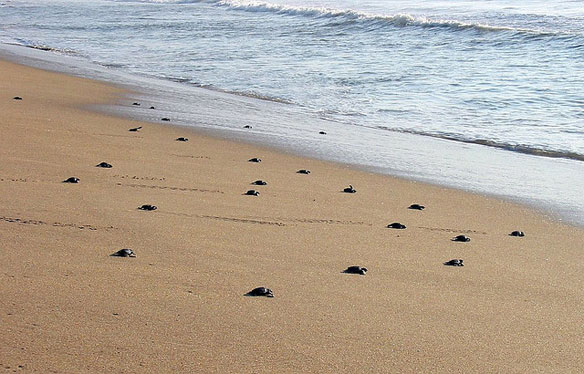
Wildlife activists are concerned over gradual destruction of the traditional nesting grounds of Olive Ridley sea turtles at Gahirmatha Marine Sanctuary on Orissa coast, following massive and illegal sand dredging at the Mahanadi river mouth.
Sand For Sale: Environment Ravages
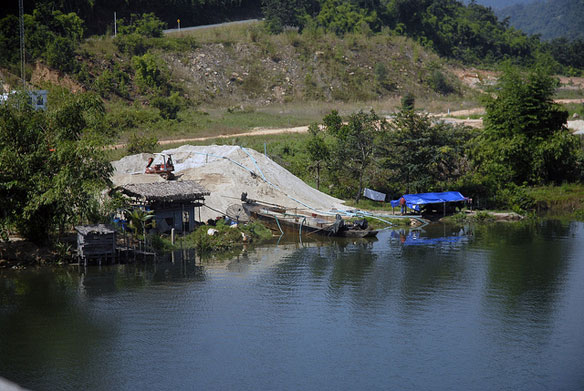
The “king Of Koh Kong” has defied an order endorsed by the Cambodia’s Prime Minster to halt his controversial and environmentally damaging sand dredging activities on the Tatai river in Koh Kong.
Ghana’s Ongoing Battle Against Coastal erosion
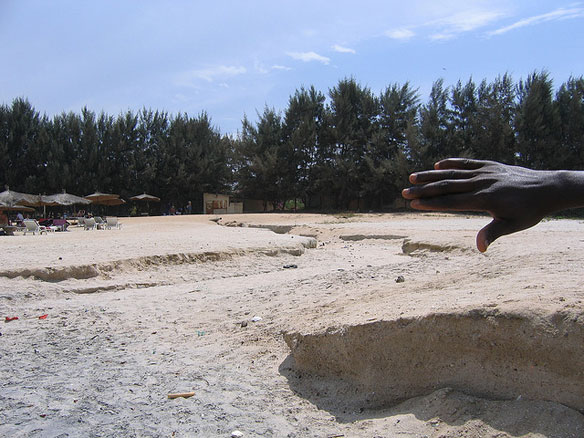
According to estimates, the ocean claims 1.5 to 2 metres of the 539- kilometres Ghana coastline annually; with the most risky coastal areas, Ada Foah and the Eastern parts of Keta, recording 4 metres. Ghana’s Government decided on a costly and controversial project: the building of a 68 million euros, 30 kms “Ada Defense Sea Wall” to “salvage the people in the area from the ravages of the sea…”
